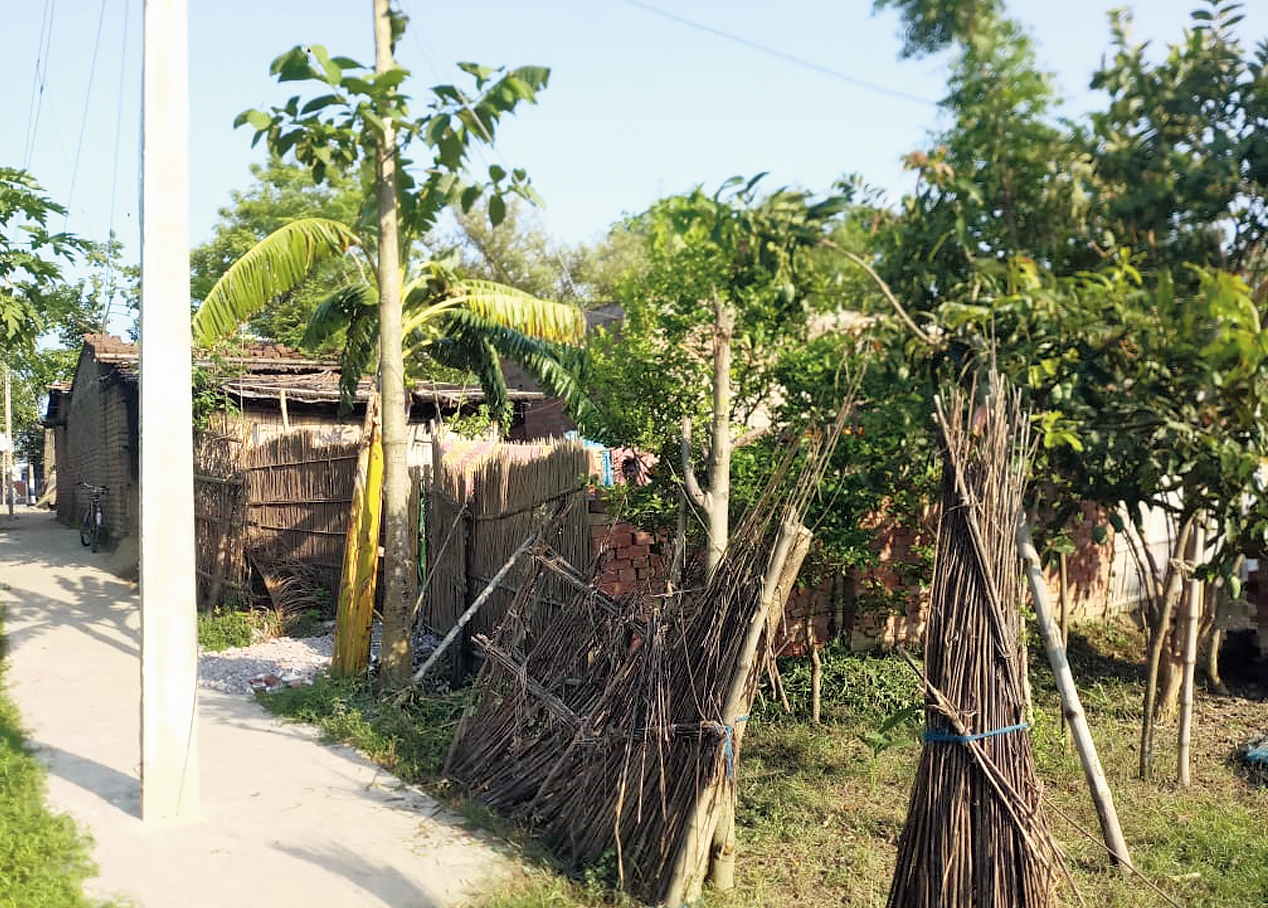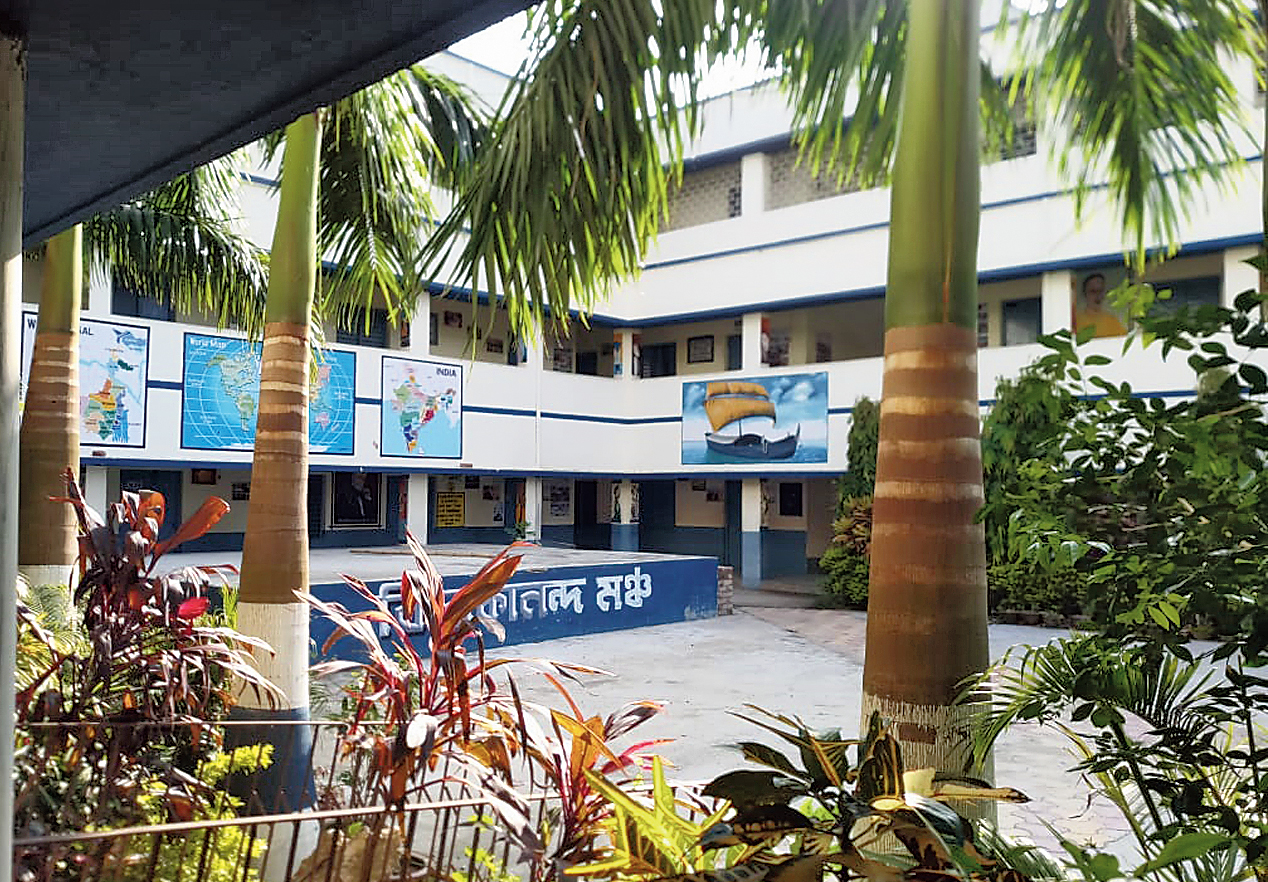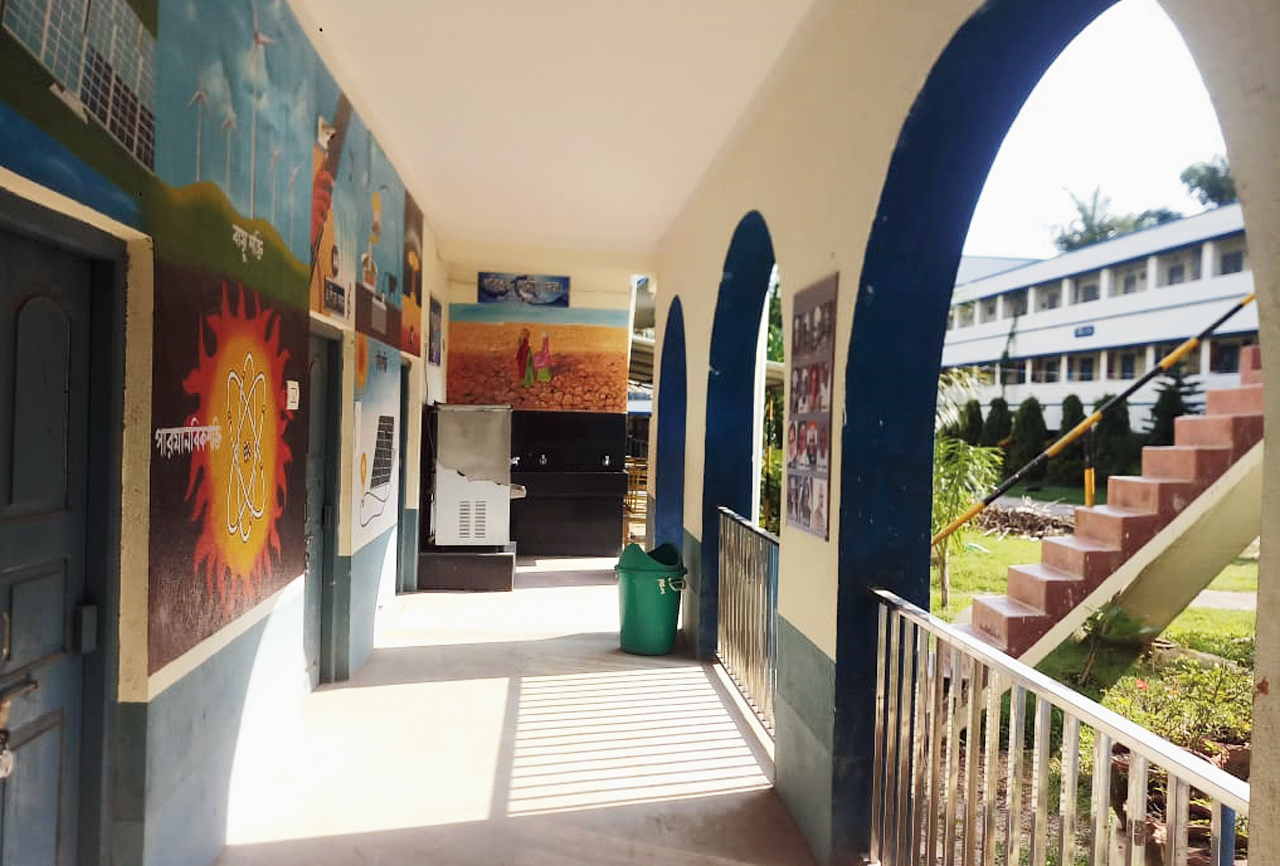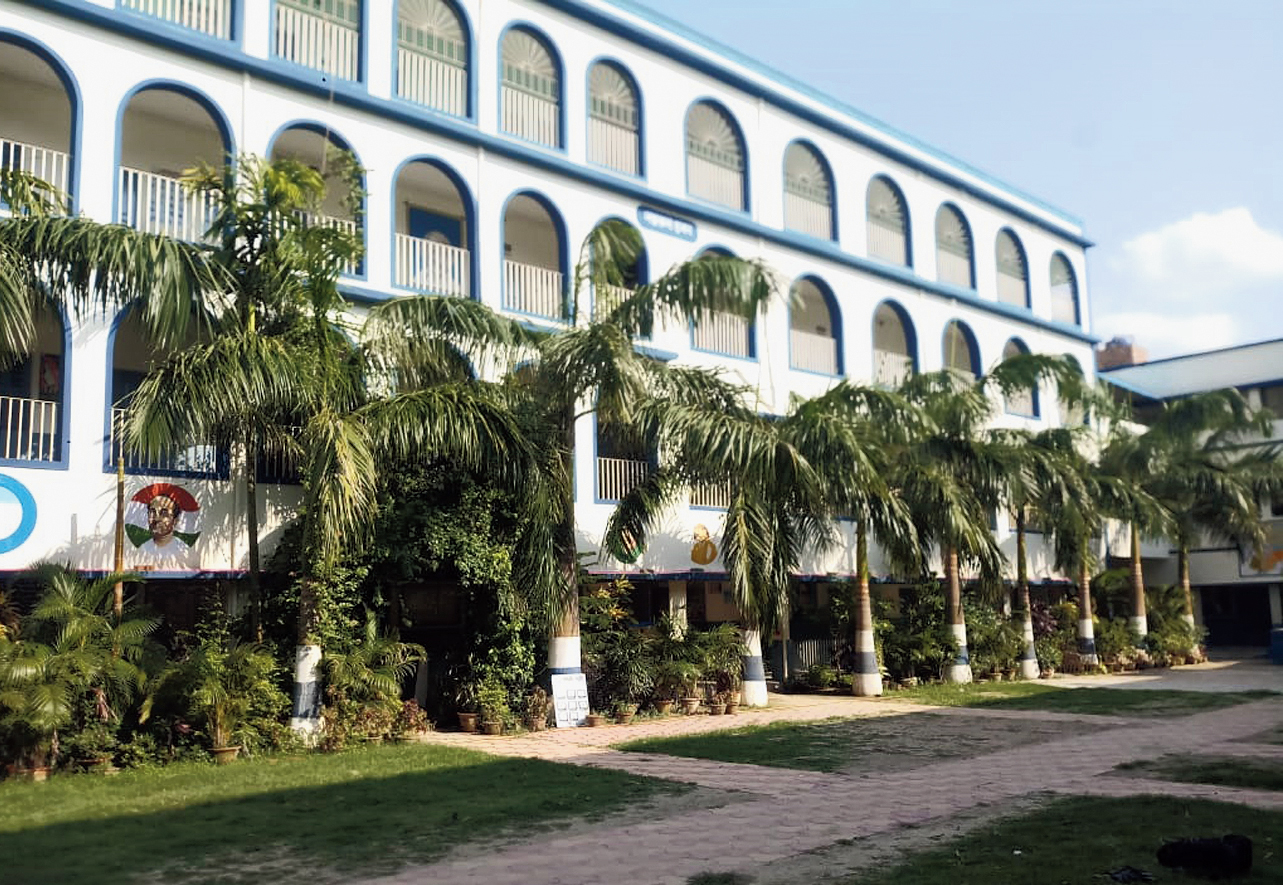Parents of a school in a remote part of the district have a written pledge to make —they won’t get their daughters married off before they turn 18.
Laskarpur High School, about 50 km from Behrampur, have made it mandatory for parents of existing girl students and those seeking admission to sign the pledge form from this year. While parents of existing students had to sign the form when their daughters were promoted to a new class, those of freshers did it at the time of admission.
The move is an effort of the government-sponsored school to stop child marriages in a few villages in the district’s Lalgola block. Girls from more than 15 villages study in this school, where about 70 per cent of the students are first-generation learners.
The school headmaster, Mohammad Jahangir Alam, began his fight against child marriages in April 2013 with awareness drives. But with the number of marriages going up, he thought of a “more aggressive” initiative and started visiting homes of students.
His effort is to stop the girl from getting married off rather than inform the administration once it’s done. What is more disturbing for Alam and a group of teachers is that despite the school being there for the last 51 years the percentage of first-generation learners are still high.
“The effort is to educate the girls and make them strong independent women who have a voice, someone who can discriminate between right and wrong and protest. Making them sign a form is one of the ways to reduce child marriages in this area,” said Alam.
Alam was not new to the crisis as he is also a son of the soil. He comes from a village about 5km from Laskarpur and had always wanted to stay there to change the situation. The postgraduate in English joined the school as headmaster in 2011 and since then he has been trying to change the mindset of the people.

Laskarpur village in Murshidabad.

A courtyard on the school premises where morning assemblies are held.

A ground floor corridor of the building where senior school classes are held. The Telegraph pictures
He has also tried to develop the school by getting the best possible infrastructure available to the students. “If there is a change in the mindset of the villagers, it would ensure a change in the society,” Alam said.
There have been instances of drop outs because of marriages, but there have also been cases like that of a 15-year-old who attended school for a year even after marriage, he said.
Most of the fathers of the students are masons and mothers roll bidis at home.
“In most cases the mothers are illiterate and there is no atmosphere of learning at home. The mothers often encourage their daughters to skip school and roll bidis because that would mean a little more money. These girls can be easily married off and they don’t even protest because they don’t have the education to raise their voice against it,” he said.
Of the 3,200 students on the school’s roll from classes V to XII about 2,000 of them are girls. The problem is more acute among those students who are not good in studies and fail at the Madhyamik level. “When they cannot pass Madhyamik, their parents think it is futile to send them to school and get them married off,” said Alam.
To counter this tendency, the school tries to promote students despite their poor performance. It’s not just parents, even girls weak in studies often see marriage as an option, said Alam.
On many occasions, when the school gets a tip-off that one of their students are getting married, they make a visit to their home to stop the marriage. They even visit the prospective groom’s family in an effort to stop the marriage. But the problem is mostly economic. “The parents tell us that it is becoming economically difficult for the family and it will be better for them to get their daughters married off,” said Alam.
In this battle, friends of those getting married off play a key role by giving tip-offs. “When their friends come to know about such a development they pass on the information on the condition of anonymity,” said Mohammad Shamim, an assistant teacher.
But some villagers have also turned smart and have found out ways to skirt the drive against early marriage.
Till about two years ago, the marriages used to happen openly but the school’s drive has made villagers more discreet. Often the girls are taken away to the villages of relatives and married off there to avoid attention, said Shamim.











